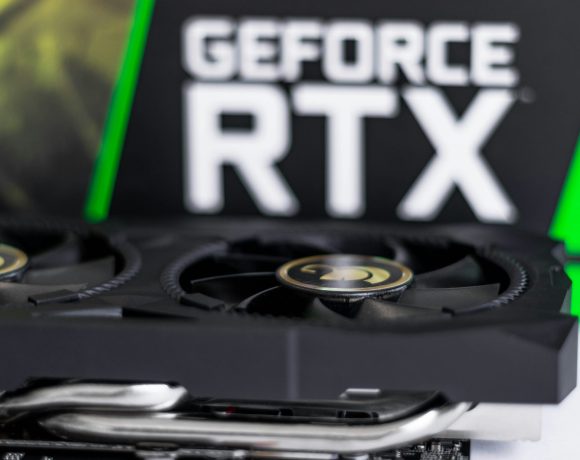Don’t Place All Your Eggs in One Basket!

Dubai, 17 April 2023- In the past five years, global financial markets have been increasingly volatile, fueling traders’ fears and hindering their trading decisions as they gradually refrain from taking unnecessary risks. More recently, and starting 2023, the investment world has witnessed multiple shocks, leading to further turbulent markets.
Market stakeholders, including brokers, traders and companies, have centered their primary focus on central banks, especially the Federal Bank, awaiting to see if interest rates are going to rise, and if so, if they will keep increasing. The banking crisis caught everyone by surprise, and the focus of observers shifted from expecting the rise of interest rates to anticipating rate cuts since the crisis started showing ripple effects in Europe with the collapse of Credit Suisse, a global banking giant.
However, with global players successfully interfering to contain the banking crisis, eyes once again turned to central banks and interest rates. This, nevertheless, did not appease traders’ concerns regarding the volatility of the markets, especially in GCC countries which heavily rely on Oil as a main source of income.
So, what is happening in the Oil market? Despite the Russian-Ukrainian conflict and fears of oil and gas shortages, which had previously led oil and gas prices to skyrocket, demand is not outstripping the current supply. Oil prices have been on a multi-month downtrend – and may continue to drop – as much of the recent move upwards was a result of short sellers closing short positions. If oil prices continue to drop and interest rates rise, this might start to have a negative effect on markets.
But the outlook for the region may remain positive. Middle Eastern markets had a stellar year in 2022 and observers are very optimistic that 2023 would yield equally promising results based on the larger inflow of investments and companies moving into the region. In 2022, GCC markets had a 21% share of the global IPO volume, as compared to only 2% in 2021, with expectations that big names will be going public this year, following in the footsteps of Emirati companies ADNOC Gas and Al Ansari Exchange which were repeatedly over-subscribed, reflecting high demand on investments in the region.
Furthermore, given the recent warming of relations between key players in the Middle East which alleviates tension and minimizes the possibility of unforeseen geopolitical turmoil in the region, some analysts believe that Middle Eastern markets might continue to perform well in 2023, especially if interest rates stagnate or start dropping and oil prices don’t go below the $60 per barrel mark.
According to Ritu Singh, Regional Director of Stone X Group Inc.: “The key to helping traders trust markets again is two-fold: helping them have a better understanding of the concept of volatility and how it works, and helping them navigate their portfolio through volatility”. She added: “We always encourage our traders to diversify their investment portfolio, and not be overly reliant on a single market type because we believe that trading while markets are volatile starts with mitigating risks, and this may happen when a trader invests in different market types to avoid placing all their eggs in one basket, which could lead to great losses in case of market crash. To encourage better risk management, we aim to constantly provide trading tools and programs that encourage serious traders to diversify their investments.
In a trader’s mind, volatility means losses. For example, volatility in currencies can negatively affect importers and exporters in the region as a strong dollar might make them less competitive since the currencies are pegged to the dollar and the rapid price movement means exporters do not get the opportunity to factor this in. On the other hand, a strong Euro or Yen might reduce the profits of Middle Eastern importers, such as importers of Japanese cars or European raw material.
However, what traders don’t know is that there are multiple ways to hedge that exposure, and that hedging applies to many other sectors beside currencies. Energy hedging, for instance, is important for airlines and factories, while interest rate hedging is important for banks and those with fixed income instruments on their balance sheets.
Accordingly, understanding how volatility affects the profitability and solvency of an institution, and being able to properly managingthe risk are two essential factors in current market conditions.
This is where the expertise and know-how of trusted global trading platforms come in handy. With a reliable partner like FOREX.com, traders are invited to navigate markets with confidence, giving them access to useful guides, advanced tools, seasoned professionals, and a wide portfolio of products, from forex to stocks and commodities. In addition, FOREX.com gives traders access to insightful market analyses that would help them increase their knowledge of the industry and build their next moves on solid grounds.
It might not be easy to steer through current market conditions, by having the right trading experts on their side, coupled with the technology, data and guidance they need to make knowledgeable trading decisions. This is why FOREX.com has a team of financial experts, analysts and strategists who will all assist you in making the best out of your trading experience by offering you valuable insights and guidance when using the platform!
Last Updated on 2 years by News Desk 2












